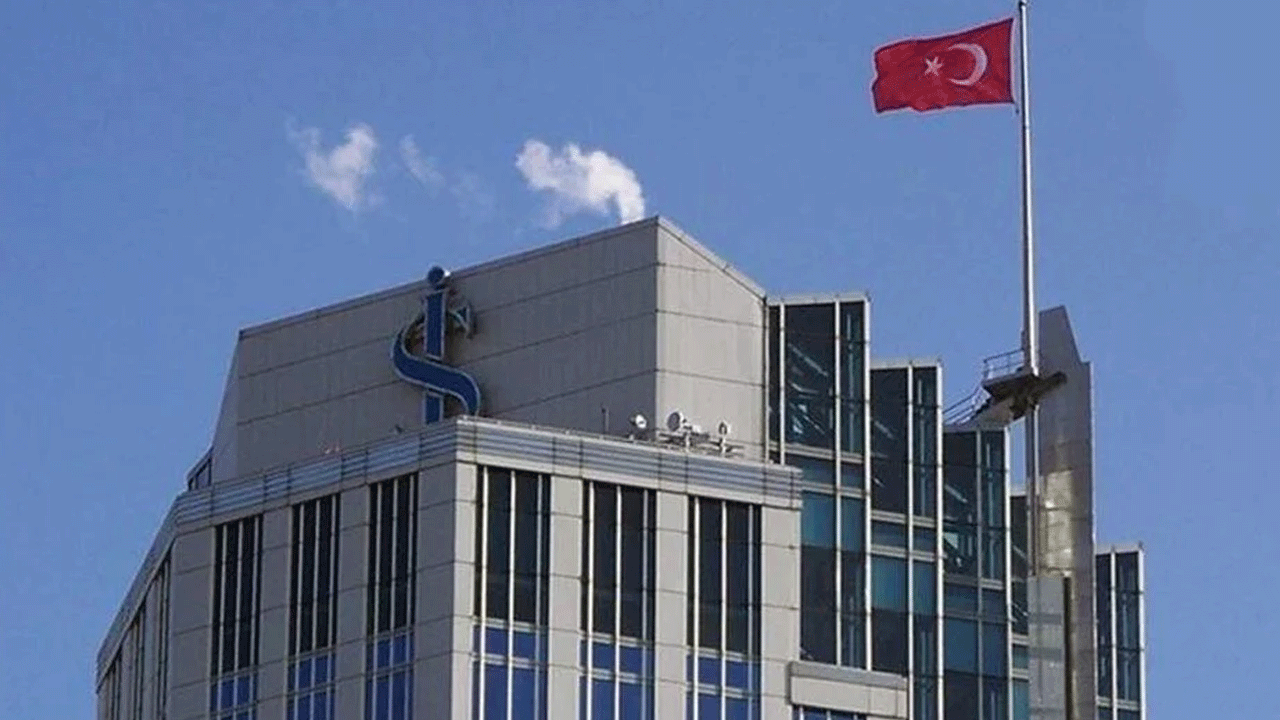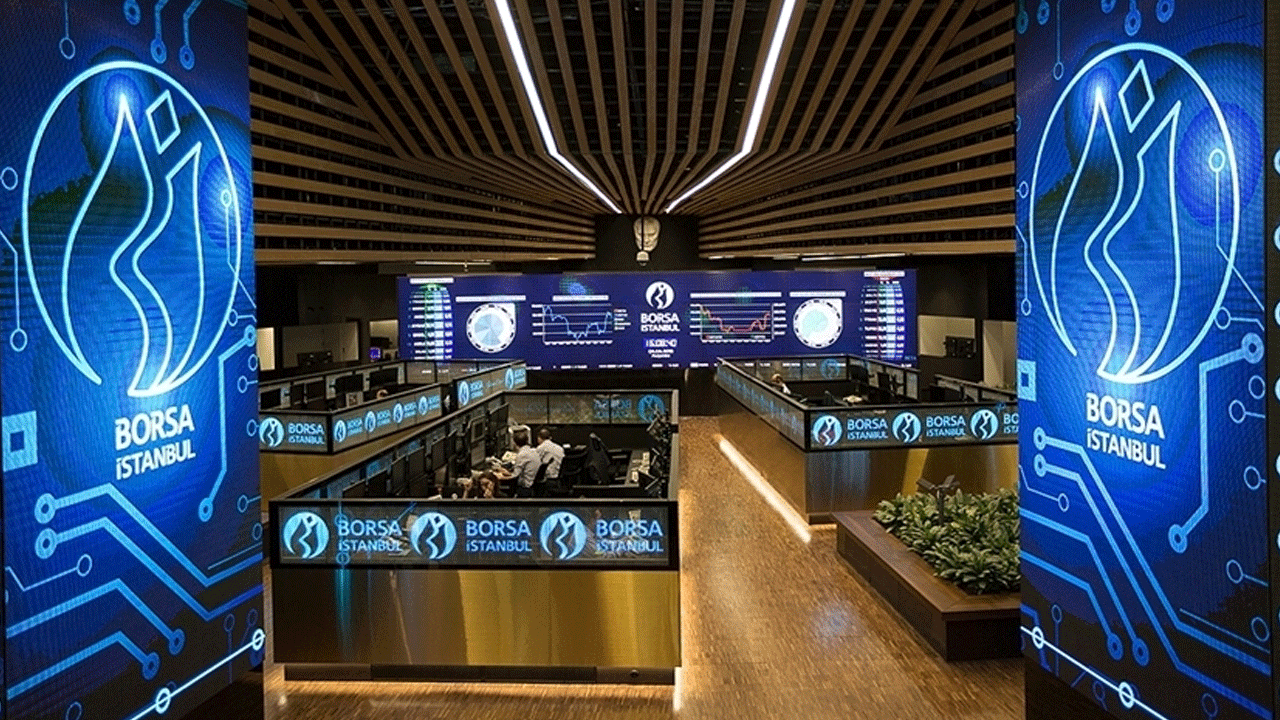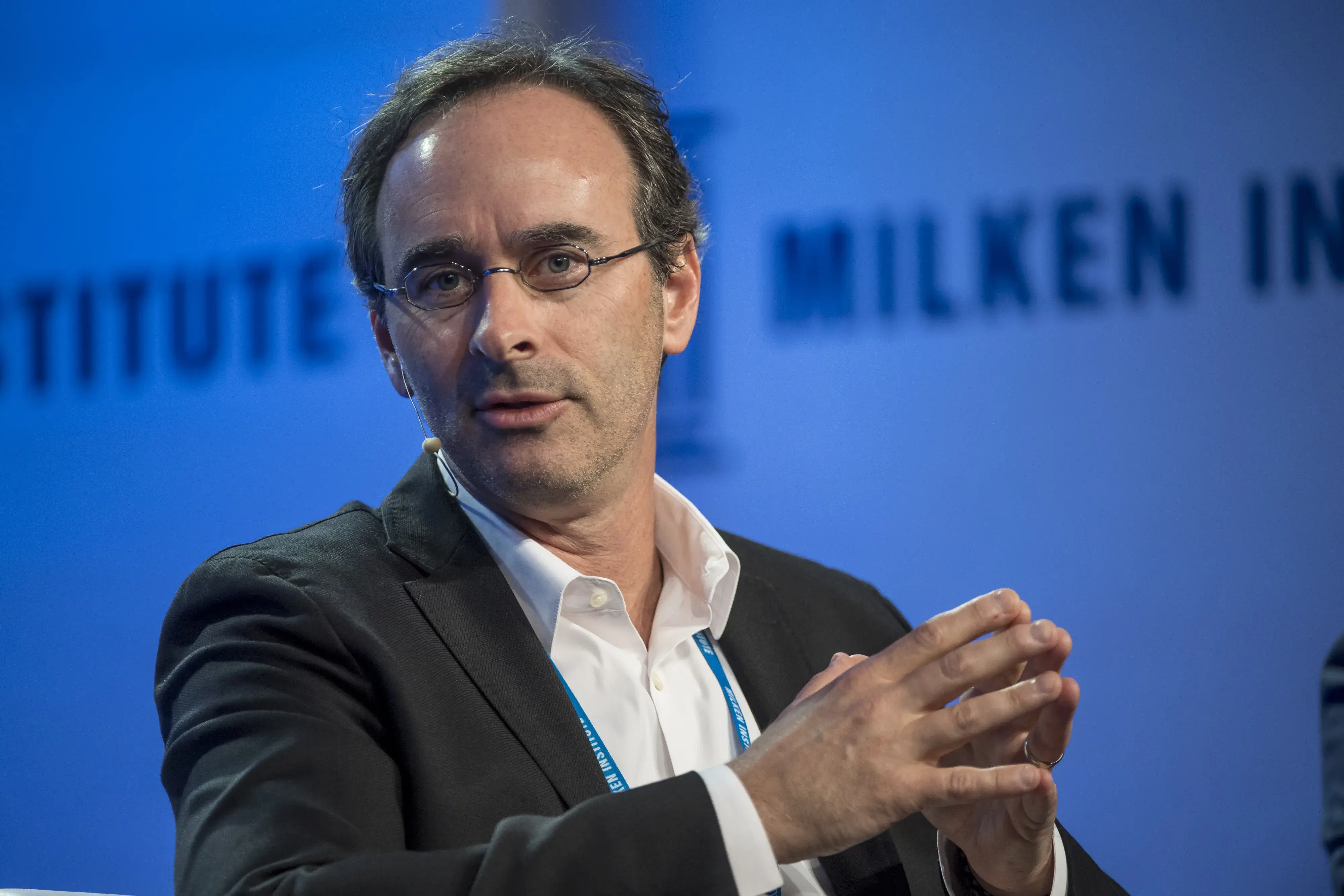
Employment shock from big companies: Tens of thousands of job losses are expected.


Globally, large companies have announced that tens of thousands of individuals will lose their jobs due to weak economic outlooks and the increasing prevalence of artificial intelligence-based automation. These developments occur during a period of deepening global economic uncertainties.
In recent years, especially in 2023, many companies have accelerated their investments in artificial intelligence and automation technologies. This situation is a significant factor in companies' decisions to reduce their workforce. Artificial intelligence is fundamentally changing traditional ways of working by providing efficiency gains.
When we look at economic data, factors such as declining growth rates and increasing inflation are prompting many businesses to cut costs. Under these circumstances, company executives are finding it more logical to establish automation systems and prefer artificial intelligence solutions over human resources.
In particular, technology firms and financial service providers are at the forefront of this transformation. Considering the advantages provided by artificial intelligence-based systems, the rapid change in the economic structure seems inevitable. However, this transformation process brings serious job losses.
Workers in many sectors will face the risk of losing their jobs if they cannot adapt to their companies' new strategies in the coming period. While companies are reducing their human resources, they also aim to increase their efficiency. In this context, a difficult period may lie ahead for the labor market.
The anticipated job losses around the world not only lead employees to question their future in the job market; they also pave the way for social and economic imbalances in many countries. The effects these changes will have on individuals and societies in the future remain a significant concern.
.png)
Yakında Tüm Platformlarda
Sizlere kesintisiz haber ve analizi en hızlı şekilde ulaştırmak için. Yakında tüm platformlarda...







.png)